Food Distribution Activity by Reyhan Organization
A scelerisque purus semper eget duis at tellus. Lobortis scelerisque fermentum dui faucibus in ornare quam viverra orci. Elementum sagittis vitae et leo duis ut diam quam nulla.
A scelerisque purus semper eget duis at tellus. Lobortis scelerisque fermentum dui faucibus in ornare quam viverra orci. Elementum sagittis vitae et leo duis ut diam quam nulla.
A scelerisque purus semper eget duis at tellus. Lobortis scelerisque fermentum dui faucibus in ornare quam viverra orci. Elementum sagittis vitae et leo duis ut diam quam nulla.
Diam maecenas sed enim ut sem. Aliquet enim tortor at auctor urna. Quam pellentesque nec nam aliquam sem et tortor consequat. Facilisi morbi tempus iaculis urna id volutpat lacus laoreet non.
Tellus mauris a diam maecenas sed enim ut sem. Viverra accumsan in nisl nisi scelerisque eu ultrices vitae. Pellentesque eu tincidunt tortor aliquam.
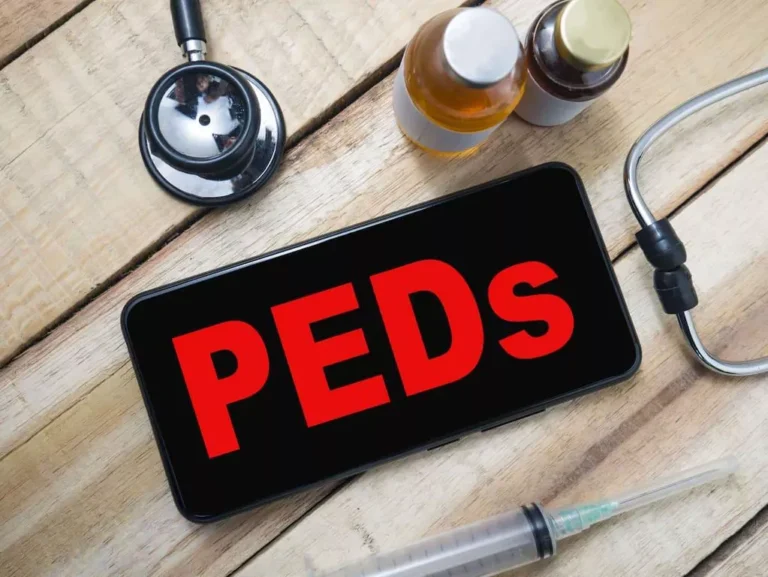
Circadian rhythms are a manifestation of the alcoholism treatment activity of the primary endogenous pacemaker, the suprachiasmatic nucleus in the hypothalamus, upon which melatonin acts. The peak of the salivary melatonin curve occurs around 2AM in middle-aged males (Zhou et al., 2003). This peak may be blunted or delayed in those with AD (Kuhlwein et al., 2003). Consequently, AD subjects may be more likely to manifest a delayed phase type disorder, which may present as difficulty falling asleep. Sleep problems are common during this phase and may be prevalent in about 65% of individuals during this phase (Brower et al., 2001a, Kolla et al., 2014). Subjective complaints in those with insomnia as compared to those without include longer SOL, increased WASO and lower sleep efficiency (Brower et al., 2001a, Conroy et al., 2006b).
In another part of the study, the researchers also investigated the effect of alcohol withdrawal on sleep. They found after extended periods of binge-drinking, sleep came quickly as expected, but within a few hours, wakefulness set in, preventing a return to sleep. Around 20% of adult Americans use alcohol – known to be a powerful sleep inducer – to help them fall asleep.
As such, people with insomnia often try to self-treat the condition. An estimated 20% to 30% of people report drinking to manage insomnia.7 While alcohol can initially cause sedation, over time, alcohol causes major disruptions in the quality of sleep. Experts recommend avoiding alcohol at least four hours before bedtime to prevent adverse effects on sleep. One study shows that this is the reasonabout 10%of people drink alcohol. Because alcohol can have a depressive effect on the brain, drinking may help some peoplefall asleep faster. A person might think that having a drink before bed may help them sleep because alcohol helps them relax.
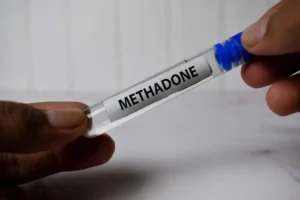
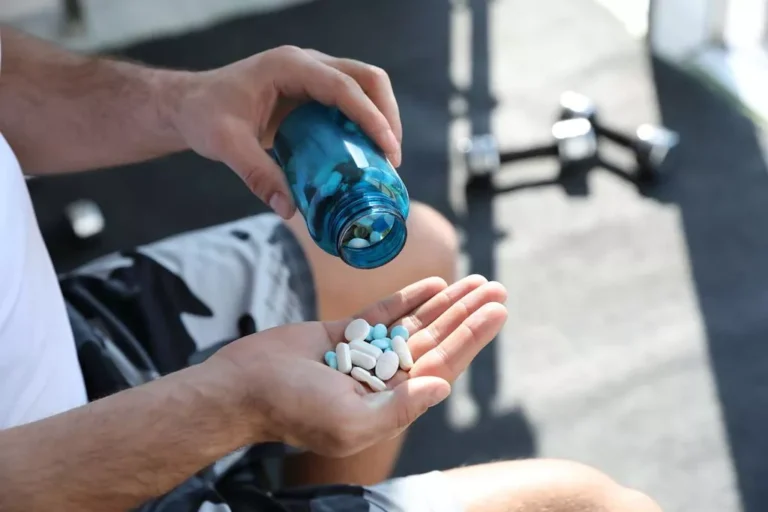
Join our Sleep Care Community — a trusted hub of sleep health professionals, product specialists, and people just like you. Whether you need expert sleep advice for your insomnia or you’re searching for the perfect mattress, we’ve got you covered. His research and clinical practice focuses on the entire myriad of sleep disorders. If you think your drinking alcohol causes insomnia may be impeding your sleep or overall quality of life, speaking to your doctor or therapist is a great first step. So while cutting out drinking will likely benefit your sleep, there may be other factors affecting your shuteye.
Evidence suggests that consuming alcohol may decrease the body’s sensitivity to cues, like daylight and darkness, which trigger shifts in body temperature and secretion of the sleep hormone melatonin. These fluctuations play a vital role in the sleep-wake cycle, and when they are weakened—or absent—a person may feel alert when they want to sleep and sleepy when they want to be awake. Alcohol also affects people with central sleep apnea (CSA), which occurs when the brain periodically https://ecosoberhouse.com/ stops sending certain signals involved in breathing. Alcohol interferes with the brain’s ability to receive chemical messages involved in breathing, which decreases the body’s respiratory drive and increases the likelihood of pauses in breathing. While Insomnia can lead to a dependency on alcohol, the opposite, like many mental disorders, is also true.
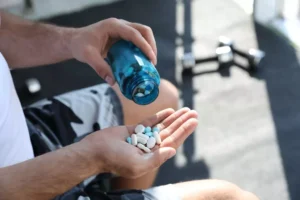
Limiting caffeine and other stimulants in the evening can contribute to a more restful night’s sleep. Drinking alcohol relaxes the muscles around your throat, making you more likely to snore too. This is because alcohol can make the tissue in the nose swell, which can cause congestion and create a need to breathe through the mouth, making you snore. Snoring may well disturb your own sleep by waking you up – but it is likely to cause problems for partners too. Founded in 2014, this site is dedicated to bringing you the most comprehensive sleep-industry information on the web.
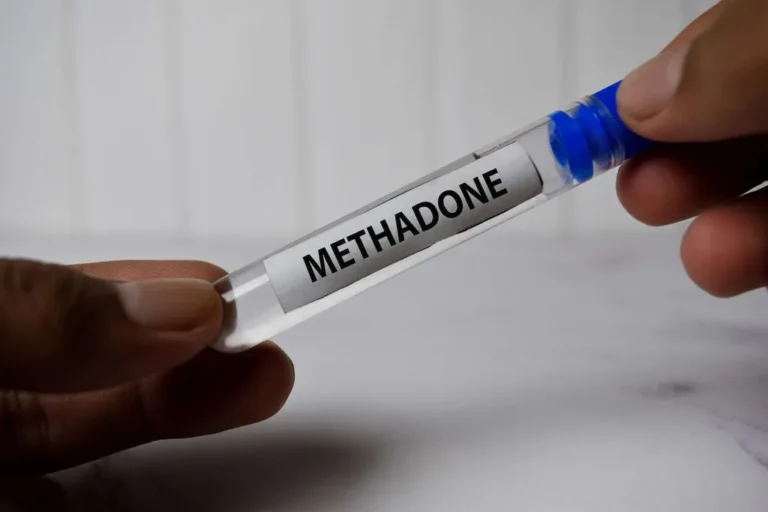

It all happens suddenly, and you’re going out of your mind because no one believes you and thinks instead that you’re a closeted drinker or have a lack of sleep. In these cases, be conscious ofhow alcohol is affecting youand remember the BAC limit for driving in the U.S. is0.08. Alcohol will impair our coordination and balance, making us more prone to accidents. A generous pour of wine often amounts to two standard drinks. Factors — such as how much you weigh and whether you’ve eaten recently — can also influence how quickly your body absorbs alcohol.
This type often surprises friends with their altered behavior. They might engage in activities they’d normally avoid, like dancing or public speaking. This type often engages in risky or embarrassing behavior without awareness.

Encourage them to drink water, offer them food, and ensure they don’t continue to consume alcohol. If they show signs of alcohol poisoning, seek medical help immediately. drunk feeling To avoid getting too drunk, pace yourself by drinking slowly.
We publish material that is researched, cited, edited alcoholism symptoms and reviewed by licensed medical professionals. The information we provide is not intended to be a substitute for professional medical advice, diagnosis or treatment. It should not be used in place of the advice of your physician or other qualified healthcare provider. It should not be used in place of the advice of your physician or other qualified healthcare providers. In severe cases, drinking too much alcohol within a short space of time can cause alcohol poisoning.
Factors such as body weight, gender, genetics, and alcohol tolerance all play a role in how quickly someone becomes drunk. Drinking on an empty stomach or consuming alcohol rapidly can also lead to faster intoxication. Food helps slow the absorption of alcohol into your bloodstream. Drinking on an empty stomach accelerates the process, making you feel drunk faster and more intensely.
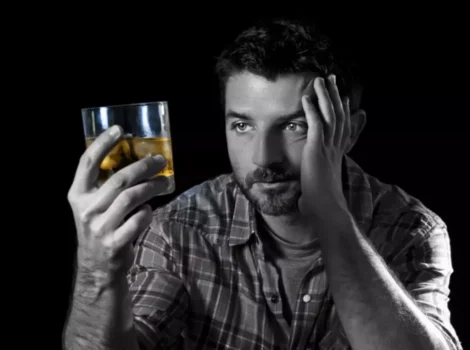
This can include a primary care doctor, gastroenterologist, infectious disease specialist, a nurse, and a nutritionist. If you have diabetes, you can add an endocrinologist to the list, while those with liver complications should consult a hepatologist. When you eat too many carbohydrates, your gut makes too much alcohol and your liver can’t digest or metabolize it all and change it to useful energy for your body. This can produce the same effects as drinking too much alcohol. Loss of consciousness from alcohol can lead to a variety of dangers, including choking on vomit, falls resulting in injuries, or even alcohol poisoning.
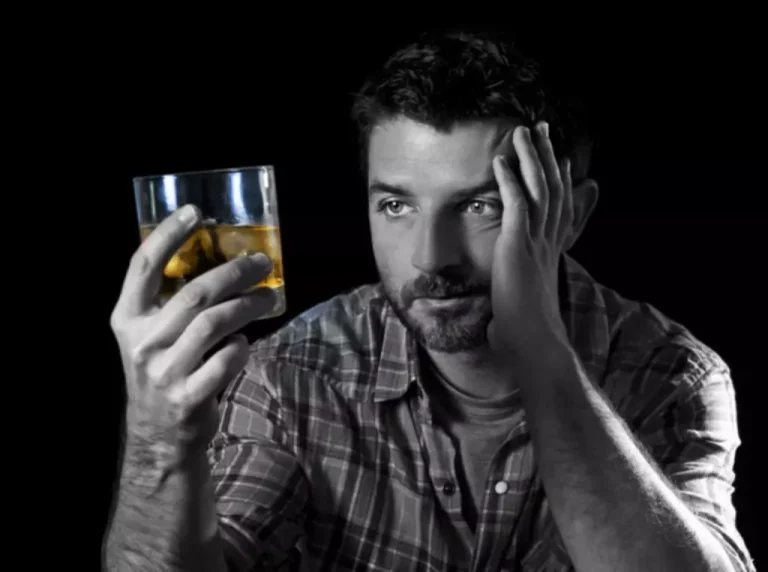
Since this syndrome https://ecosoberhouse.com/ is rare, there’s not much research done on it yet, so no specific test exists to diagnose if someone is suffering from it immediately. Symptoms are not enough to diagnose this syndrome, and extensive research is still needed. Prolonged use of alcohol is toxic to neurons and can result in neuron death. During stupor, people may not respond to surroundings, be completely passed out, vomit, and lose the ability to control bodily functions like urination or defecation.